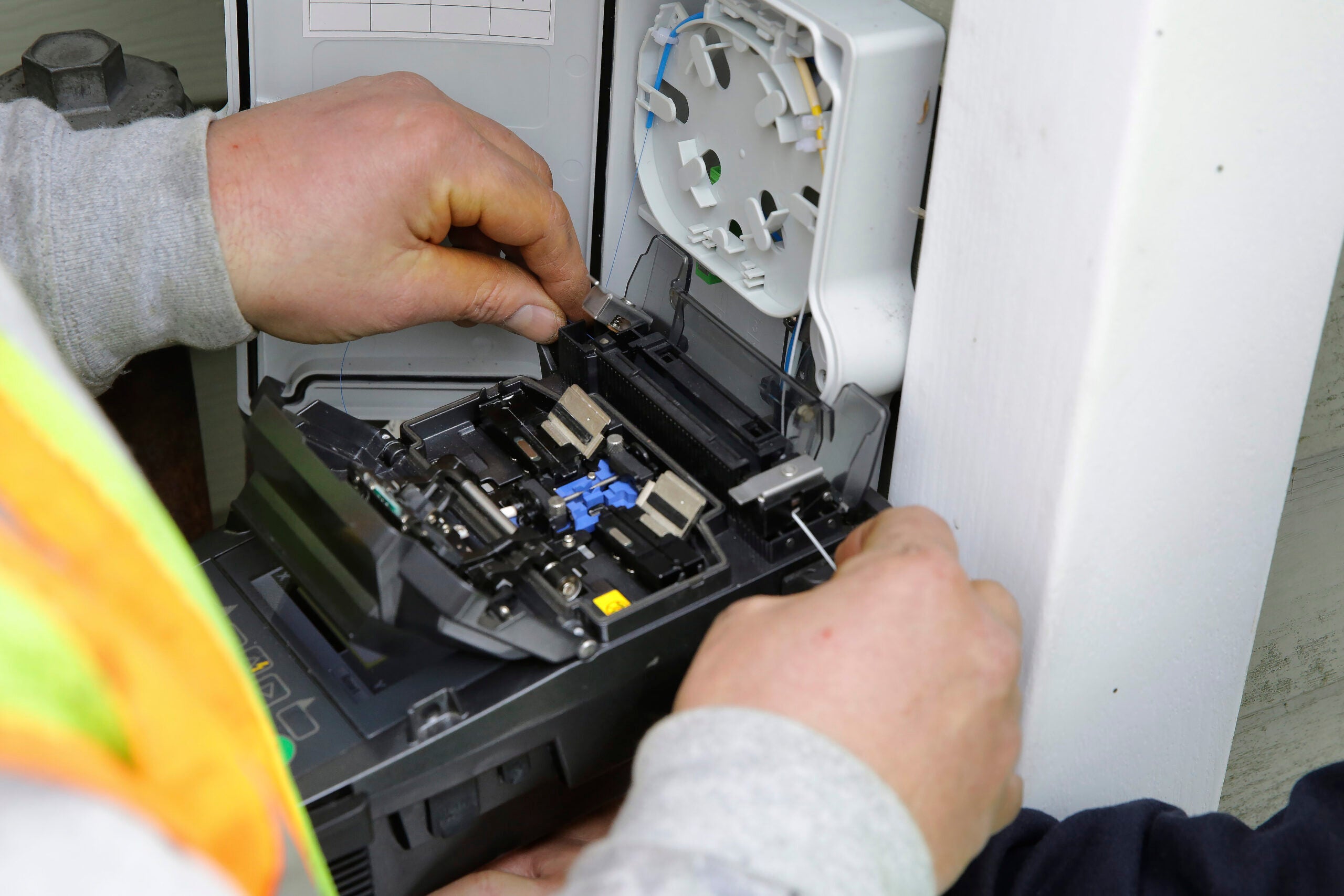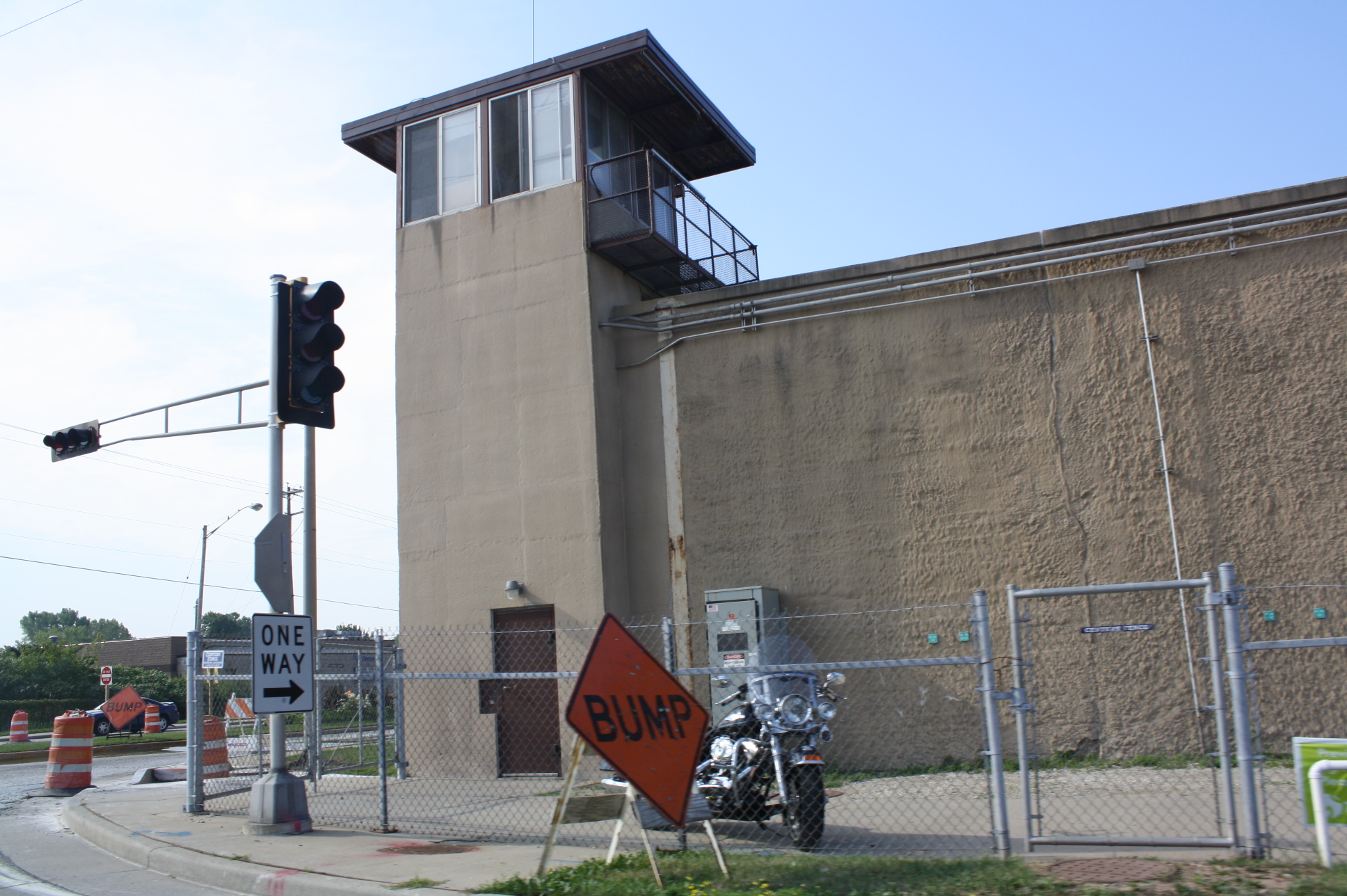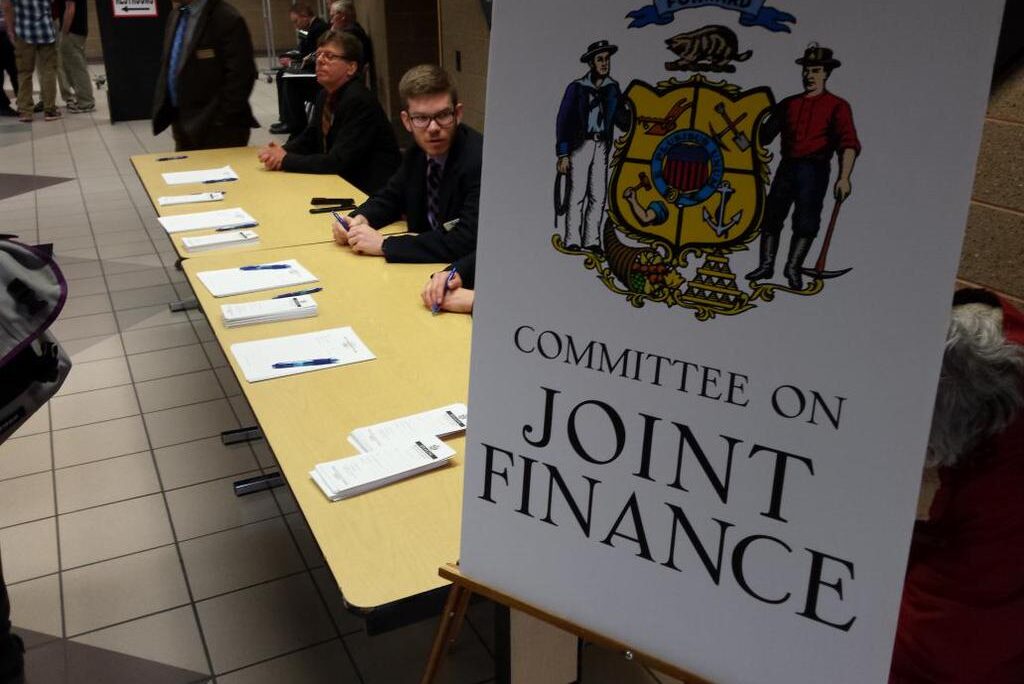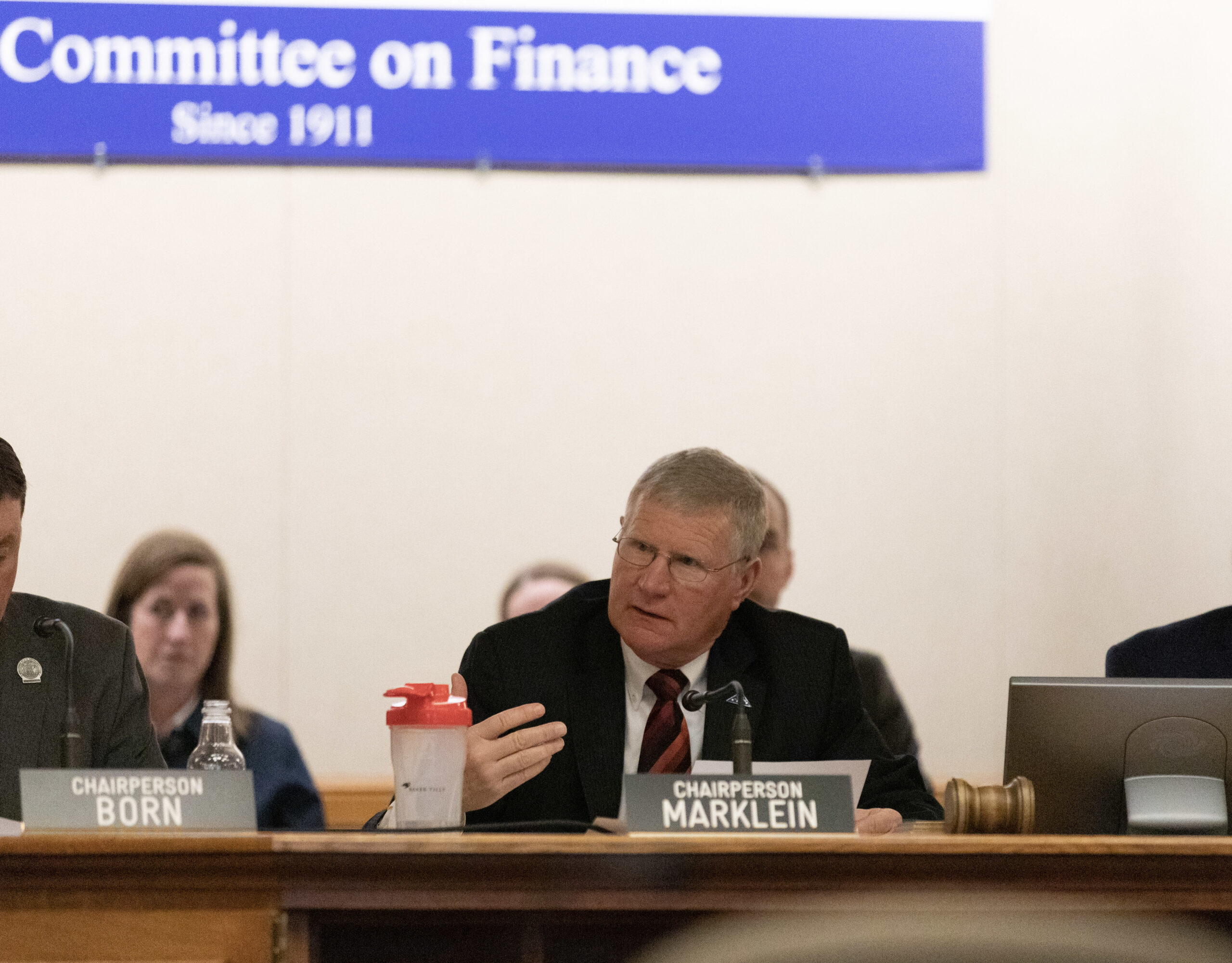Republican lawmakers voted Thursday to eliminate Gov. Tony Evers’ proposed $750 million investment in broadband, saying the state would wait for an upcoming influx of federal broadband funding instead.
The move by Republicans on the Legislature’s budget committee would mark the first time in a decade that the Legislature hasn’t set aside funding for broadband expansion.
It comes at a time when the federal government is expected to spend between $700 million and $1.1 billion on broadband expansion in Wisconsin as part of the federal Infrastructure Investment and Jobs Act signed by President Joe Biden. The state’s Public Service Commission has estimated the total cost of expanding broadband statewide at about $1.8 billion.
News with a little more humanity
WPR’s “Wisconsin Today” newsletter keeps you connected to the state you love without feeling overwhelmed. No paywall. No agenda. No corporate filter.
“So Joe Biden did his job, and now I see that we’re proposing $0,” said Rep. Tip McGuire, D-Kenosha. “That’s embarrassing.”
But Republicans, including Rep. Alex Dallman, R-Green Lake, said that while they support expanding broadband, it didn’t make sense to spend state money now with so much federal funding on the way.
“When you talk to the industry, and you talk to people around my district, the people that are actually putting the fiber into the ground, this takes time,” Dallman said. “It’s not just magical dust that we can just throw money at and sprinkle over the ground and we have fiber in the ground and internet tomorrow.”
Evers called for setting aside the $750 million in state broadband funding using a share of Wisconsin’s record budget surplus, which is projected to be nearly $7 billion when the next two-year budget begins in July.
Under the governor’s plan, it could take years to spend the broadband funding, but the PSC would be required to spend at least $75 million in each of the next two years.
Sen. Howard Marklein, R-Spring Green, who chairs the budget committee, said he had concerned about whether additional state funding would have been spent appropriately.
“Often in government, we have a tendency to measure success by how much money we spend, rather than what is the outcome,” Marklein said. “What I’m hearing from the providers in my area, the pipeline is pretty full.”
While high-speed internet is far more common today than it was when the state began investing in broadband, data from the Federal Communications Commission showed that as of last year, about 460,000 locations were “underserved,” meaning they lack access to at least two broadband providers. Of those, 59,000 locations are “unserved,” meaning they lack access to even a single provider.
In practice, the PSC said the numbers of households without usable high-speed internet is even greater depending on how broadband gets defined. The FCC defines it as a location with minimum download speeds of 25 megabits per second and minimum upload speeds of 3 megabits per second. The PSC says that while many places can hit those speeds in theory, aging equipment makes it difficult in practice.
“There are parts of our state that are shrinking. They’re losing people,” said Rep. Evan Goyke, D-Milwaukee. “If internet access is not expanded, if those communities don’t have access, they will continue to shrink. People will leave and they will not go home. Because they cannot connect to the world.”
The PSC argues that because federal funding is being disbursed slowly, state funding could help meet immediate demand. In the last budget, the state received 194 applications for broadband funding totaling nearly $500 million. It was able to fund just 71 of the projects, spending about $125 million total.
In order to hit higher broadband speeds throughout the state, with downloads of 100 megabits per second and uploads of 20 megabits per second, the PSC estimates it would cost about $1.8 billion. The PSC indicated that the state could potentially hit that benchmark between federal funding and the state funds Evers proposed.
Wisconsin will find out how much federal broadband funding it receives on June 30.
Lawmakers approve funding for NFL Draft, tourism marketing
GOP lawmakers did approve state funding for several other initiatives Thursday, including a $2 million grant to help the city of Green Bay prepare to host the NFL Draft. The funding was requested by Sen. Robert Cowles and Rep. Dave Steffen, both Republicans from Green Bay.
The National Football League announced last month that Green Bay will host the draft in 2025, an event that the Green Bay Packers organization said will likely generate an economic benefit to the state that’s six times the size of a typical Packers game.
“While Green Bay and indeed the entire state is on the clock to ensure this major event, anticipated to bring 240,000 visitors and $94 million in economic benefit to our state, goes off without a hitch, today’s action by the Joint Committee on Finance will help to ensure we have the basic resources for a memorable week,” Cowles said in a written statement after the vote.
The $2 million will be awarded to “Discover Green Bay,” the city’s convention and visitor’s bureau. According to Cowles and Steffen, the Packers have already pledged $1 million which is matched by an additional $4.5 million in local funding.
Also Thursday, Republicans approved several initiatives to help the Department of Tourism market the state. They include:
- $20 million in one-time funding and an additional $1 million per year in ongoing funding to pay for tourism marketing for Wisconsin. Evers proposed about $34 million in his budget. The Department of Tourism typically focuses its advertising funding on large Midwest cities like Chicago, Minneapolis-St. Paul and Wisconsin cities including Milwaukee, Madison and Green Bay.
- $10 million in an account controlled by the Legislature’s budget committee to create a new fund to bid for large-scale events like the Ryder Cup, NASCAR races or national political conventions.
- Another $10 million for a grant to “Visit Milwaukee,” the city’s convention and visitor’s bureau.
In a separate vote Thursday, lawmakers also approved a $2.4 billion capital budget that would be the state’s largest in years but would leave out money for many University of Wisconsin projects, including a new engineering school at the UW-Madison.
All of the votes taken Thursday by the budget committee still need final approval by the full Legislature before they go to Evers’ desk.
Editor’s note: This story has been updated to reflect estimates for expanding broadband with download speeds of 100 megabits per second and upload speeds of 20 megabits per second.
Wisconsin Public Radio, © Copyright 2025, Board of Regents of the University of Wisconsin System and Wisconsin Educational Communications Board.







